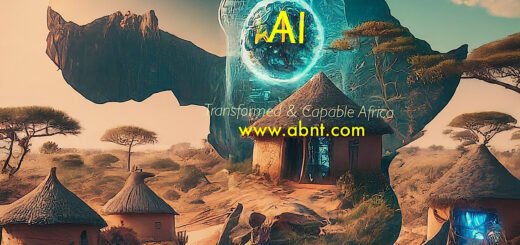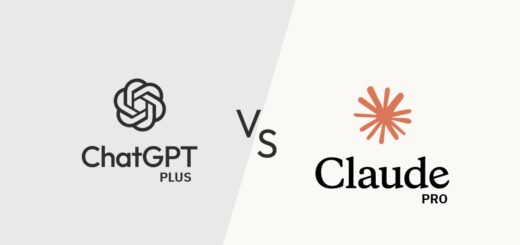ABNT.COM: Comparing Gemini, Copilot & ChatGPT for Africans
The winds of artificial intelligence are blowing strong across the globe, and Africa is no exception. Tech giants like Google, Microsoft, and OpenAI are vying for attention with their latest offerings: Gemini, Copilot, and ChatGPT. But with so much jargon and technical mumbo jumbo, it can be tough for African audiences to understand which AI assistant might be the best fit for their needs.
Fear not, fellow tech enthusiasts! This blog post aims to demystify these AI marvels and compare them from an African perspective. Buckle up, and let’s take a joyride through the world of language models!
Understanding the Players:
- Google Gemini: The new kid on the block, Gemini boasts impressive language understanding and generation capabilities. Think of it as your super-powered Google search bar, able to answer your questions in creative and informative ways.
- Microsoft Copilot: This AI co-pilot sits beside you as you code, suggesting lines and completing functions, making development a breeze. Imagine having a coding buddy who never sleeps and knows every coding language!
- OpenAI ChatGPT: The OG in the chat game, ChatGPT excels at carrying on conversations, writing different kinds of creative content, and even translating languages. Think of it as your witty and multilingual friend, always up for a chat.
An African Lens:
While these AI assistants offer exciting possibilities, it’s crucial to consider them through an African lens. Here are some key aspects to ponder:
- Language Support: Do these assistants understand and generate text in African languages like Swahili, Yoruba, or Hausa? Multilingual capabilities are essential for a diverse continent like Africa.
- Cultural Relevance: Can these AI tools understand and respond to African contexts, humor, and references? Culturally relevant interactions are key to building trust and engagement.
- Accessibility: Are these assistants affordable and accessible to users with varying internet speeds and device limitations? Digital equity is crucial for inclusive AI adoption.
- Data Privacy: Where is user data stored, and how is it protected? Data privacy concerns are paramount in an increasingly digital world.
So, Which AI Assistant Wins?
There’s no one-size-fits-all answer. Each assistant has its strengths and weaknesses, and the best choice depends on your individual needs and priorities.
For writers and creatives, ChatGPT’s conversational fluency and content generation could be a boon.
Coders and developers might find Copilot’s code completion and suggestion features invaluable.
For those seeking a versatile information powerhouse, Gemini’s question-answering and summarization skills could be the answer.
Ultimately, the best way to choose is to experiment and see which assistant resonates most with you. Remember, these AI tools are meant to augment your skills, not replace them. So, embrace the possibilities, explore responsibly, and let’s shape the future of AI in Africa together!
What are your thoughts? Share your experiences and preferences in the comments below!
Related posts: From Bard to Gemini: Google’s AI Gambit and What it Means for Africa?
External links: This report by UNESCO (https://www.unesco.org/en) explores the potential for AI to promote inclusion and address historical discrimination. It analyzes various case studies across diverse cultural contexts and offers key recommendations.




Do you have direct link to the UNESCO’s report?
Thanks Alice for the feedback. Please checkout this link https://en.unesco.org/sites/default/files/mlw-2020-concept-note-en.pdf